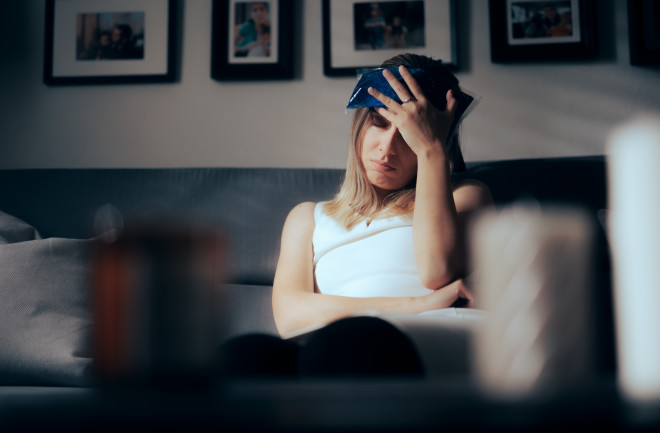Concussion management has long been a problem for doctors, patients, and coaches alike. In the U.S., experts estimate that there are between 1.6 and 3.8 million sports-related concussions every year, often among youth athletes.
Still despite their prevalence, there are still plenty of misconceptions surrounding concussions — which can cause headaches for physicians, as well. One of the most common misconceptions? That it's not safe to sleep while concussed. Yet, when it comes to recovery, sometimes it actually is okay to sleep on things.
Neuropsychologist Elizabeth Pieroth, director of the Concussion Program at Rush University Medical Center and Midwest Orthopedics at Rush, often finds herself communicating this nuance to patients and practitioners.
“Initially, there is concern for life-threatening brain injuries, like swelling of the brain or hemorrhage, so you need to check in,” Pieroth says. “But, if symptoms don’t worsen over the course of hours, it's generally okay for the patient to sleep.”

